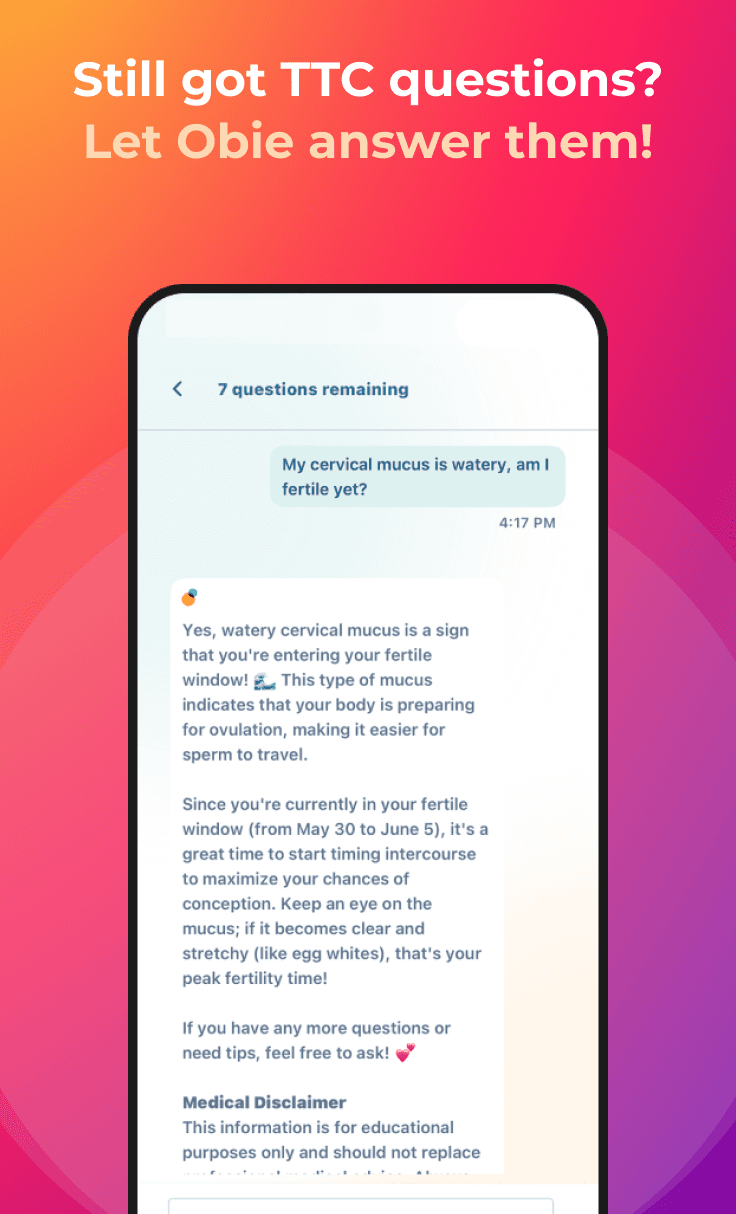An Antioxidant Protects Sperm and Improves Fertility
Fertility and Infertility News
Obie Editorial Team
According to recent research, if the male does not produce the protective antioxidant enzyme, procreation could be affected.
When sperm are produced, they must leave the testicles to mature in the epididymis. This is when the sperm acquire their ability to fertilize the female egg. During the time in the epididymis, an antioxidant protects the sperm to maintain healthy DNA and overall sperm health. According to recent research, if the male does not produce the protective antioxidant enzyme, procreation could be affected.
At the heart of the sperm damage is stress. The antioxidant enzymes are secreted to protect the spermoza from the effects of stress after leaving the testicles. In male mice, the lack of this enzyme did not alter their ability to fertilize the female egg, but did affect the resulting fetus. Developmental defects, spontaneous abortions and perinatal mortality increased in pregnancies occurring between the male mice without the antioxidant enzyme and wild female mice.
Researchers believe that a connect between these antioxidants and male sperm could lead to improved success with in vitro fertilization. The sperm could be protected when thawed leading to fewer health risks to the female and the fetus after implantation and more live births. The treatment of post testicular infertility could also be affected by the presence of this enzyme.
Source: Journal of Clinical Investigation 2009








